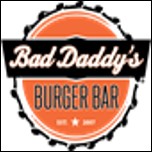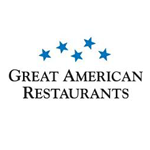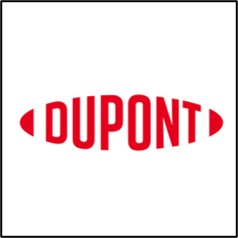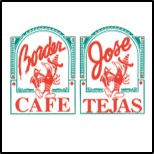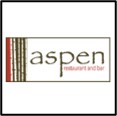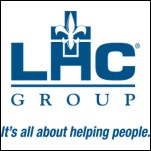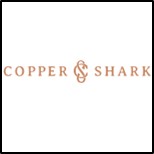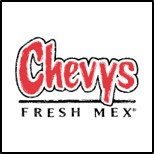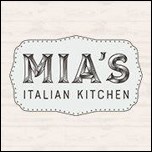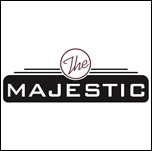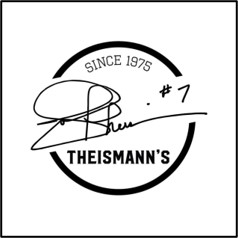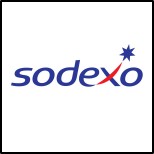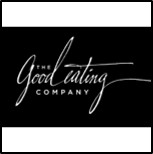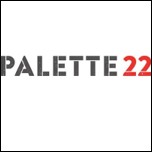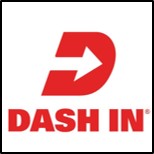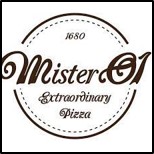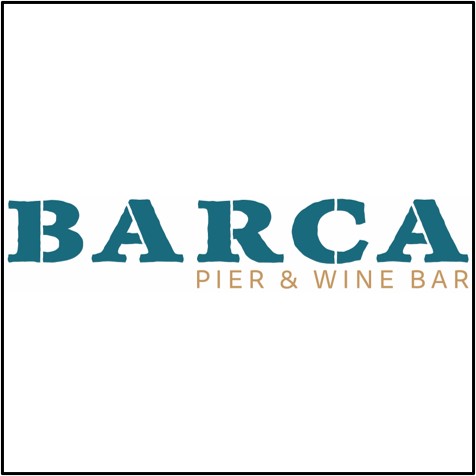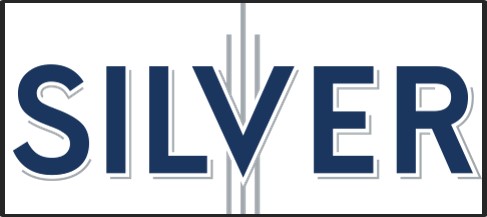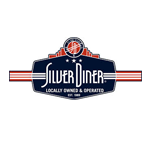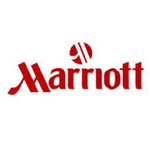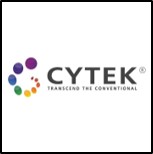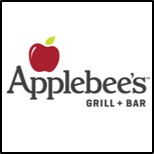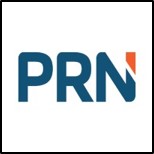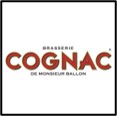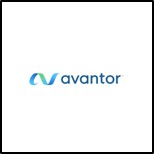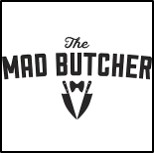What Body Part are You? Components of an Organization
Leave a CommentSometimes I think we confuse ourselves, striving to emulate our superiors, or presenting ourselves in the same manner as our peers, to ensure a thriving company culture. I believe this mindset, where we should all be functioning with the same style (and sometimes approach), couldn’t be further from the truth.
A machine requires multiple, uniquely individual components to function at its desired capacity. The human body, being a complex machine, consists of smaller interconnected machines (heart, eyes, lungs, etc.), each having its own purpose. Yet, functioning in a symbiotic relationship to each other.
Although each body part has their own predetermined function, the designated systems and components are not absolute, rigid, and inflexible as in a man-made machine. Despite the inconsistencies, the body has the awesome capability of maintaining homeostasis.
Like the human body, an organization is one body that is made up of smaller systems (departments) and components (employees). It is essential for the success of organizations to identify positive characteristics of each employee, permitting them to utilize these gifts and talents. In other words, recognizing what body part they represent. As new situations arise, duties are certainly interchangeable but there are typically predominant roles and defined parts in any structure.
The merging of the “body parts” together to create one body results in a highly functioning operational system that gives the company its completeness. An innovative machine that purr’s like a kitten.
So, what body part are you?
The spine who provides the backbone and support for the organization?
The lips (being the most sensitive of all body parts) providing a delicate sense of respect and recognition for the team and a calm, welcoming atmosphere for the guests?
The thumb (full of optimism and reassurance for others, tending to have the innate skill to give a “thumbs up” when people need encouragement)?
The eyes, visualizing new ideas and distinct views for the company?
The right brain, displaying creativity? This person is great for marketing!
With all of the moving parts of the body doing their job, the organization is able to succeed in its mission in optimally meeting its goals. No part is better than the other… they are all so critical for the success of the company as a whole.


